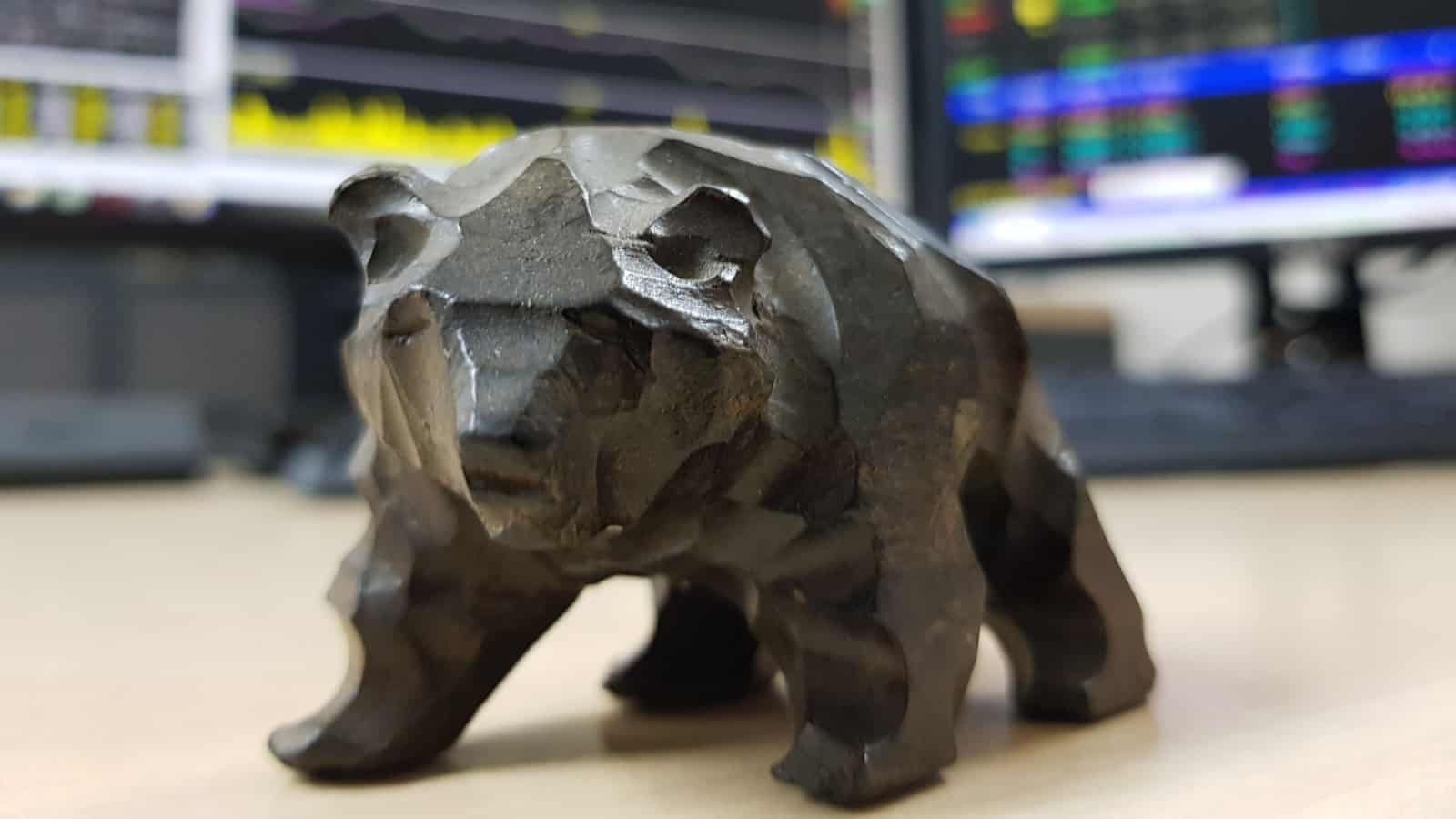A bear market is when a market falls 20% or more from its recent highs. From January through to October this year, the FTSE 250 fell 30%. This is in contrast to the FTSE 100, which only fell 12% peak-to-trough. That means that the UK’s Footsie didn’t technically fall into a bear market, unlike many indexes around the world.
Whereas the blue-chip index is largely global, the FTSE 250 is made up of many medium-sized companies that have significant exposure to the British economy. And that economy has been battered by a toxic combination of 40-year-high inflation, an extremely weak pound, and fears of a severe recession.
During this meltdown, I added to my holding in FTSE 250 stock Games Workshop (LSE: GAW). The stock had lost around 40% in value since the turn of the year.
Mission statement
Games Workshop aims “to make the best fantasy miniatures in the world, to engage and inspire our customers, and to sell our products globally at a profit. We intend to do this forever. Our decisions are focused on long-term success, not short-term gains.“
This is the mission statement of the company, found near the beginning of its annual reports. I like this clarity of purpose, as it visibly anchors the company’s long-term strategy and goals. Beyond that, it also tells me that the firm is run for the long run, values profitability and is global, unlike many of its index peers.
Pandemic tailwinds
As the creator of fantasy worlds – especially the Warhammer 40,000 franchise – Games Workshop was a beneficiary of Covid-19 lockdowns. People were stuck at home, needing new hobbies and distractions. Yet its sales have continued to grow since the world reopened post-pandemic.
Over the past five years, the company has grown its net profit at a compound annual growth rate (CAGR) of 33%. It has a strong balance sheet and the stock pays a dividend yielding 3%. The firm’s games have a cult-like following, particularly in Asia, where its sales continue to grow strongly.
However, the stock dropped nearly 10% in one day in September. That was because its quarterly results revealed that pre-tax profits had fallen 13% year on year to £39m. Clearly, if this happens again, it would be a risk to the share price.
Opportunity to add
Yet I don’t think this is an expensive stock, with a price-to-earnings (P/E) ratio of only 19. The P/E was 30 a year ago. And other than this earnings blip, everything else seemed fine to me in the report. There was nothing alarming in the commentary and the group hiked its dividend by 20%.
That meant the total dividends declared so far this fiscal year are almost double what they were 12 months ago. To me, that doesn’t look like distress flares going up. So I added to my holding.
This is a stock that has turned a £2,000 investment 15 years ago into £70,000. And that’s not even including dividends.
Yet, I like the fact that the market cap is still only £2.4bn. With a chance to grow across Asia (particularly in China), I think the stock still has plenty of room to expand over the coming years.







